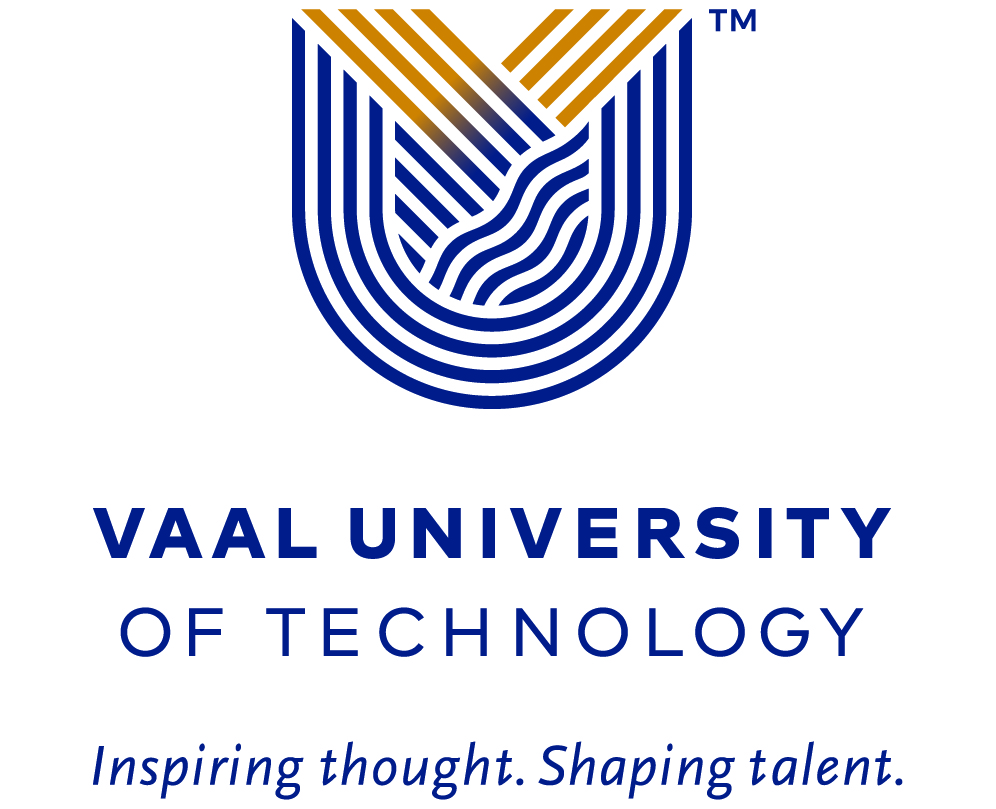Leading innovators get selected for a trip to Royal Academy of Engineering in the UK
Of the 15 interns of the Merseta programme, two will be taking part in an exciting programme that could change their lives.
Tumisang Manyaapelo, who has a National Diploma in Mechanical Engineering and Xolani Mthethwa, who has B-Tech Degree in Chemical Engineering, head out to the United Kingdom on 3 February for two weeks to attend The Royal Academy of Engineering's Leaders in Innovation Fellowships (LIF) programme.
The programme aims to build the capacity of researchers for entrepreneurship and the commercialisation of their research projects. The programme identifies researchers within the partner country who are in the process of developing a business proposition for their innovation.
The selected researchers will benefit from a focused period of training, access to expert mentors and opportunities for international networking. In the short term they will develop, with the support of the programme, a commercialisation plan for their innovation and in the long term they will benefit from ongoing support at their home institution and access to an international network of peer innovators and mentors to take their plan forward.
The programme is being delivered by the Academy as part of the UK Newton Fund which, through a variety of science and innovation activities, supports the economic development and social welfare of developing countries.
"Tshepo Mahanuke: Former Project Manager of the Merseta Programme, encouraged every intern to apply for the LIF programme through the Technology Innovation Agency (TIA). Interns who had an existing prototype, whether service- or product-based, were selected for the final round. Those who were selected had to apply online at the Royal Academy of Engineering," said Xolani. The selection process of the interns was done by TIA and the Royal Academy.
The two students are looking forward to this trip: Manyaapelo said that he wants better insight into business planning and management, finance management, pitching and presenting, marketing and negotiation skills while Mthethwa said that he looks forward to the intensive training course on innovation as well as meeting engineers from different countries to share ideas on educational systems, industrial and economic factors and to build an international network.
The two students hope to apply the skills that they will gain in their businesses as Mthethwa is busy with restructuring the Carbon Arch Towers, which is the technology that was chosen by the Royal Academy of Engineering and Manyaapelo is finalising his prototype design and registering the IP with CIPC (product design protection) though VUT. Moving forward, they wish to assist where they can at the Science Park.
